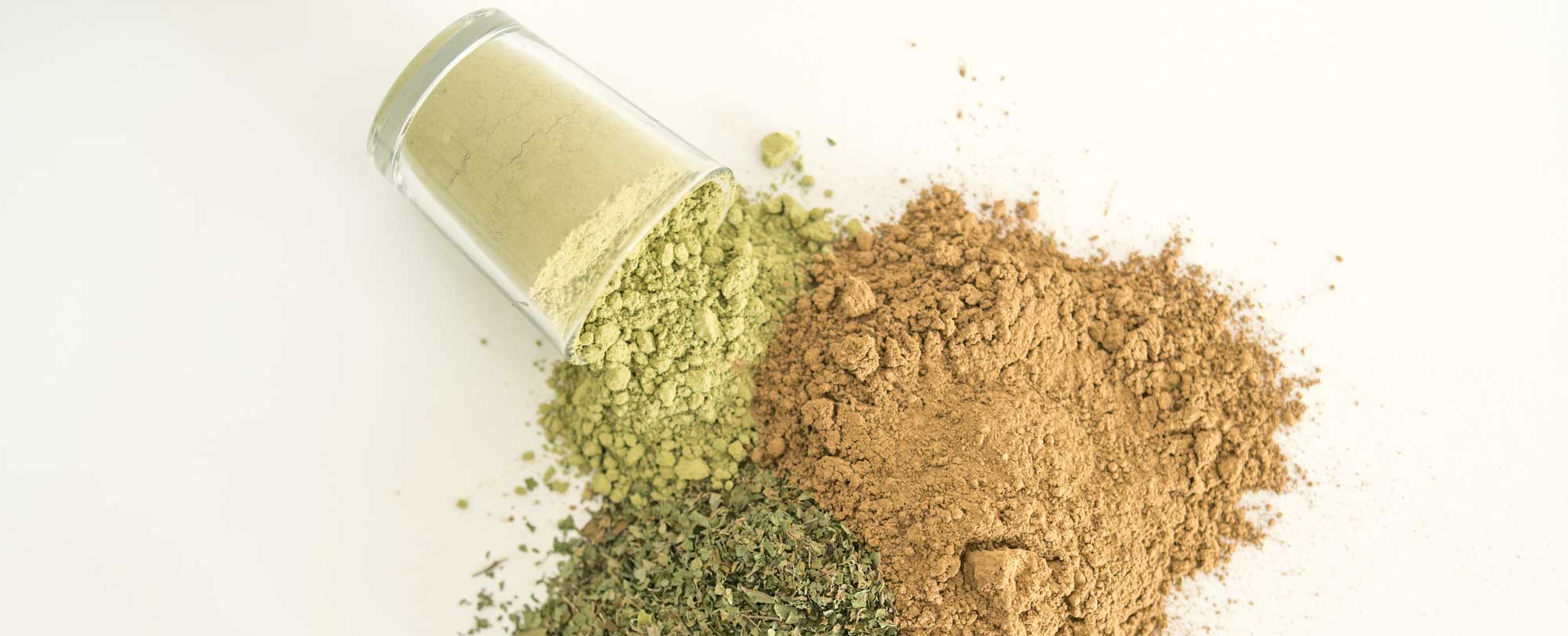How Do Contract Chemical Blending Services Work?

For industries requiring tailored chemical formulations—whether in cleaning agents, lubricants, agricultural products, or specialty industrial solutions — contract chemical blending services are a cornerstone of scalable and efficient production. These services allow companies to outsource the complex and resource-intensive blending process while ensuring consistent quality, regulatory compliance, and timely delivery.
Contract chemical blending services streamline the path from formulation to market by offering expertise, specialized equipment, and logistical support.
Process Overview of Contract Chemical Blending Services
Contract chemical blending is a method by which manufacturers outsource the formulation, mixing, packaging, and distribution of chemical products to a third-party service provider. It’s particularly beneficial for businesses that lack in-house blending capabilities or want to focus on core competencies such as marketing, R&D, or distribution.
Here is a breakdown of the typical steps involved in a contract chemical blending operation:
1. Initial Consultation and Project Scoping
The relationship begins with a discussion of client needs, product goals, and regulatory requirements. During this phase, the contract blender will gather:
- Product specifications and formulation data
- Intended application and market segment
- Regulatory compliance standards (e.g., OSHA, EPA, REACH)
- Target production volumes and timelines
2. Formulation Handoff and Feasibility Assessment
Submitting Formulations to Contract Chemical Blending Services
Clients provide proprietary formulations, raw material lists, or detailed product goals. If the exact formulation is unknown, the blending service may collaborate with the client to reverse-engineer a product or co-develop a new formula.
The contract blender reviews:
- Material compatibility
- Storage and handling requirements
- Health and safety hazards
- Equipment and process suitability
If necessary, lab-scale trial blends are performed to validate miscibility, stability, and other critical attributes before proceeding.
3. Pilot Batch Production
Before scaling up to full production, pilot batches are often created. These small-scale runs verify:
- Product performance
- Blending parameters (shear rates, temperature, agitation time)
- Process efficiency
- Cost analysis and raw material consumption
Pilot runs also provide product samples for internal testing, field evaluations, or customer approvals.
4. Full-Scale Production
Once pilot trials are approved, the operation transitions to full-scale batch processing. This involves:
- Accurate raw material sourcing and weighing
- Metered addition of components
- Controlled blending under specific process parameters
- Batch documentation and traceability
Each blend is carefully monitored and adjusted to maintain consistency across production runs.
Quality Assurance in Contract Chemical Blending Services
Quality control is non-negotiable in chemical blending. Contract manufacturers implement robust QA protocols to ensure every batch meets customer and regulatory standards.
In-Process Testing in Contract Chemical Blending Services
During and after blending, quality checks are conducted to confirm:
- pH, viscosity, density, color, and odor
- Homogeneity and solubility
- Microbial control (for applicable products)
- Stability and shelf-life performance
In many cases, contract blenders offer Certificate of Analysis (COA) reports with each batch to verify compliance.
Regulatory Compliance and Documentation 
Contract blenders maintain documentation systems to support:
- Safety Data Sheets (SDS)
- GHS labeling
- Lot tracking and batch records
- Good Manufacturing Practices (GMP)
- ISO or other quality standards
These documents are critical for audits, product recalls, and global market compliance.
Continuous Improvement and Troubleshooting
Top-tier blenders use statistical process control (SPC) and Six Sigma methodologies to optimize blending efficiency and reduce variability. In the case of anomalies or off-spec batches, corrective action protocols are in place.
Logistics Coordination for Contract Chemical Blending Services
Blending is only part of the equation. Delivering the finished product to the market involves meticulous packaging, warehousing, and distribution planning.
Packaging and Shipping in Contract Chemical Blending Services
Contract blenders often provide flexible packaging options, including:
- Drums, totes, pails, and IBCs
- Custom bottle fills (with private labeling, if needed)
- Bag-in-box systems or aerosol cans
Labeling can be tailored to customer branding and regulatory mandates, including barcoding, batch numbers, and hazard warnings.
Once packaged, products are:
- Palletized and shrink-wrapped for transport
- Tagged for inventory control
- Prepared for shipping via LTL, FTL, or international freight
Warehousing and Inventory Management
Many contract blenders offer short-term or long-term warehousing services. These services enable just-in-time (JIT) inventory strategies and reduce the client’s storage burden.
Warehouse systems often include:
- FIFO (First-In-First-Out) inventory rotation
- Temperature- and humidity-controlled environments
- Real-time inventory reporting portals
Order Fulfillment and Distribution
Blenders may also serve as fulfillment centers, shipping product directly to:
- End users
- Retailers
- Distributors
- Regional warehouses
This “white label” model allows customers to scale with minimal capital investment or supply chain complexity.
Benefits of Using Contract Chemical Blending Services
For companies considering outsourcing, the strategic advantages of contract chemical blending include:
- Cost efficiency: No need for in-house blending infrastructure or staffing.
- Speed to market: Faster formulation validation and batch processing.
- Flexibility: Scale production up or down based on demand.
- Expertise: Leverage decades of process knowledge and regulatory familiarity.
- Quality assurance: High-precision blending, robust QA protocols, and comprehensive documentation.
Choosing the Right Contract Chemical Blender
When evaluating potential contract chemical blending partners, procurement teams should consider:
- Experience in your industry segment (e.g., industrial, pharmaceutical, agriculture)
- Available equipment and batch sizes
- Quality certifications (e.g., ISO 9001)
- Regulatory and safety compliance track record
- Customer support and communication responsiveness
- Capabilities for private labeling or toll manufacturing
Requesting plant visits, reviewing test batch documentation, and seeking customer references can help make an informed decision.
Why Industrial Technology Corporation (ITC) is Your Ideal Contract Blending Partner
Industrial Technology Corporation is a trusted provider of contract chemical blending services with decades of experience serving industrial, institutional, and specialty markets.
We provide:
- Custom Toll Blending – We blend your proprietary formulations with precision and confidentiality.
- Private Label Services – Let us manufacture, package, and label your products under your brand.
- Turnkey Chemical Solutions – From sourcing and blending to packaging and distribution, ITC handles the entire value chain.
Our expert staff, and our tight quality control processes ensure consistency, efficiency, and quality in every batch. Whether you’re formulating cleaners, coatings, lubricants, or specialty chemicals, we have the expertise and capacity to support your growth.
Contact Us Today
Whether you need custom toll blending services, private label opportunities, or quality chemical formulations for your business, Industrial Technology Corporation is here to meet your needs.
Contact us today to inquire about our services, request a quote, or discuss your specific requirements. We look forward to working with you to develop innovative solutions that drive your business’s success.
